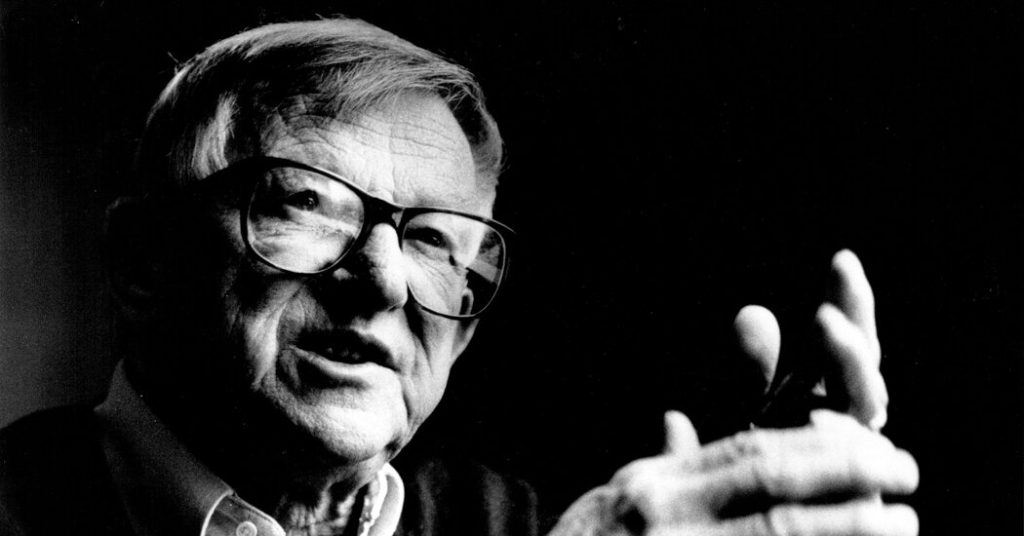“The Chocolate War” by Robert Cormier has been a highly controversial book since its release. In the mid-1980s, the town of Panama City, Fla. experienced one of the tensest battles over the novel when an attempt to ban it from Mowat Middle School led to arson and death threats against teachers. English teachers at the school protested the ban, which had been initiated due to criticism from parents about the book’s content. The teachers faced harassment, threats, and even had police stationed outside their homes for protection.
Despite the challenges they faced, the teachers at Mowat Middle School found an ally in Robert Cormier himself. The author sent a letter expressing his regret at the trouble caused by his words and offered his support to the teachers who were fighting to keep his book in the curriculum. Cormier’s personal involvement in the situation demonstrated his dedication to defending his work against censorship and adversity.
“The Chocolate War” was inspired by a real-life incident involving Cormier’s son, who was encouraged to take a stand against authority. The book, which follows a young protagonist’s struggles against a corrupt school system, resonated with teenage readers who were beginning to question societal norms. With its relatable themes and realistic portrayal of adolescence, the novel became a controversial but celebrated work in the young adult genre.
Throughout his career, Cormier faced numerous challenges and bans of his books, but the situation in Panama City was particularly intense. The controversy over “The Chocolate War” and other banned books, such as “I Am the Cheese,” resulted in a lawsuit filed by students claiming their rights had been violated. Cormier supported the teachers and students in their fight against censorship, emphasizing the importance of standing up against oppression and defending the freedom to read.
Despite the difficulties and backlash faced by the teachers in Panama City, Cormier continued to defend his work and advocate for free expression. The battle over “The Chocolate War” highlighted the ongoing challenges of censorship in schools and libraries across the country. While the outcome of the conflict in Panama City was not entirely victorious, it raised awareness of the importance of protecting access to diverse literature and promoting intellectual freedom.
In the end, Cormier’s legacy as a writer who tackled controversial topics and stood up against censorship lives on. His willingness to engage with critics, support educators, and fight for the right to read has inspired generations of readers and writers to defend literature that challenges the status quo. Despite the challenges he faced during his lifetime, Cormier’s message that good people must resist evil continues to resonate with those who value freedom of expression and the power of storytelling.


